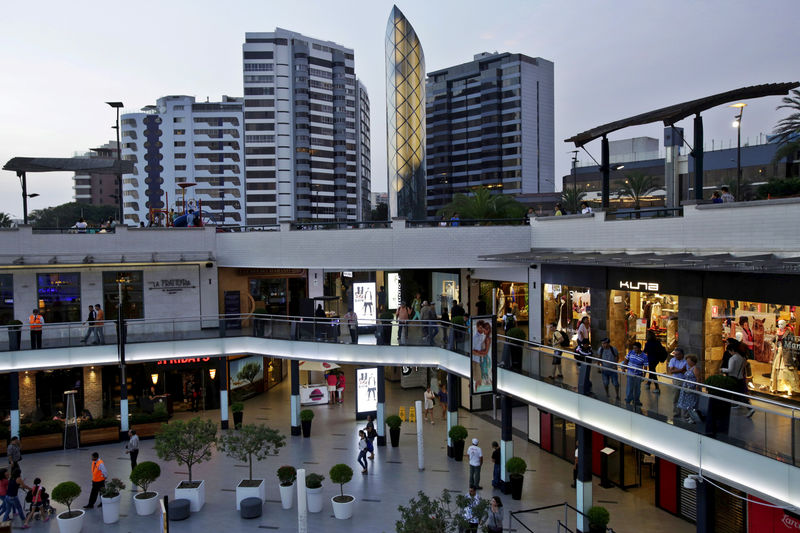By Marco Aquino
LIMA, Nov 14 (Reuters) - For most of this year, Walter Aduviri, the governor-elect of Peru's Andean region of Puno, had been a fugitive.
The indigenous activist, 38, went into hiding after losing a sedition trial last year over deadly protests he led against Canadian mining company Bear Creek BCM.V in 2011.
All that changed in October. His 7-year sentence was annulled and he was elected governor of Puno, home to deep deposits of gold, silver, uranium and lithium that miners plan to excavate through $2 billion of proposed projects.
In his first interview with foreign media since his victory, Aduviri - who will take office in January - said he would continue to oppose mining that lacks clear benefits to communities in Puno, one of Peru's poorest and most lawless regions, near the border with Bolivia.
A trained accountant and an admirer of Bolivian President Evo Morales, the fellow Aymara Indian said he and other Peruvian activists have been unfairly prosecuted for opposing mining.
"There's shameless pillaging taking place," Aduviri told Reuters late on Tuesday during his visit to the capital Lima, where he said the country's elites treat him with suspicion. "As a country with immense natural resources, unfortunately, we aren't seeing the benefits."
The comments do not bode well for foreign mining companies operating in Puno, such as Vancouver-based Bear Creek and Plateau Energy Metals PLU.V .
Bear Creek declined to comment on Aduviri's remarks, but said in a statement it works "diligently, alongside all levels of government, for the benefit of all Peruvians, local and nationwide."
Plateau, which has plans to tap a lithium and uranium deposit in Puno, did not immediately respond to a request for comment.
As governor, Aduviri cannot unilaterally halt any mining project. But he will have a bigger platform from which to turn up the pressure on Peru's most important industry, and could draw attention as a rare nationalist voice ahead of 2021 presidential elections.
Aduviri said he would oppose any effort to restart Bear Creek's Santa Ana silver project, which sparked the unrest that left five protesters dead in 2011. "Santa Ana is vetoed," Aduviri said. "It's impossible."
But he added that he might support the company's $585 million silver mine Corani if Puno residents approve of the project in public hearings.
Aduviri called for centrist President Martin Vizcarra to nationalize control of strategic raw materials as Bolivia has under Morales. "If Peru wants to manage its natural resources more responsibly, we have to copy the Bolivian model," he said.
